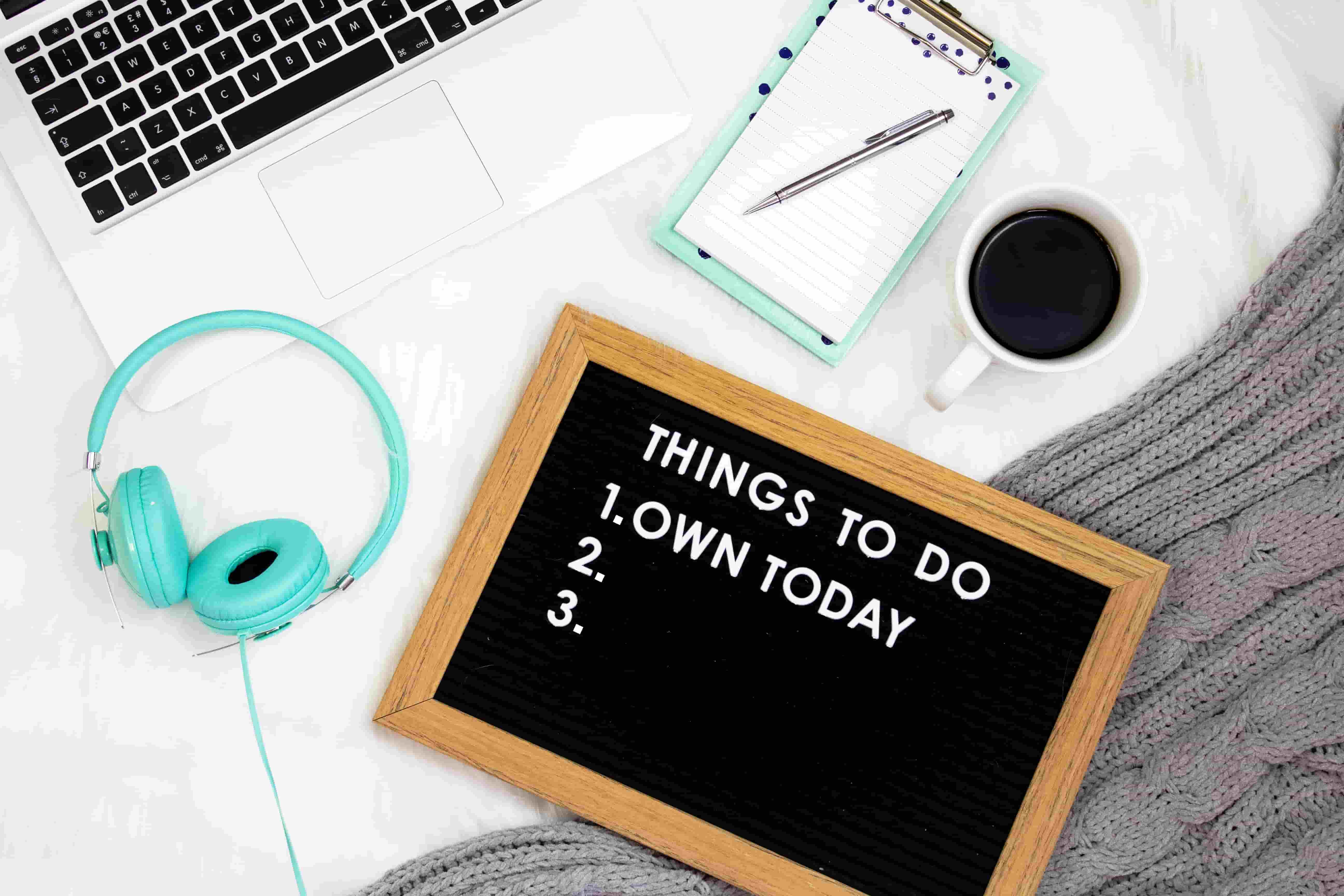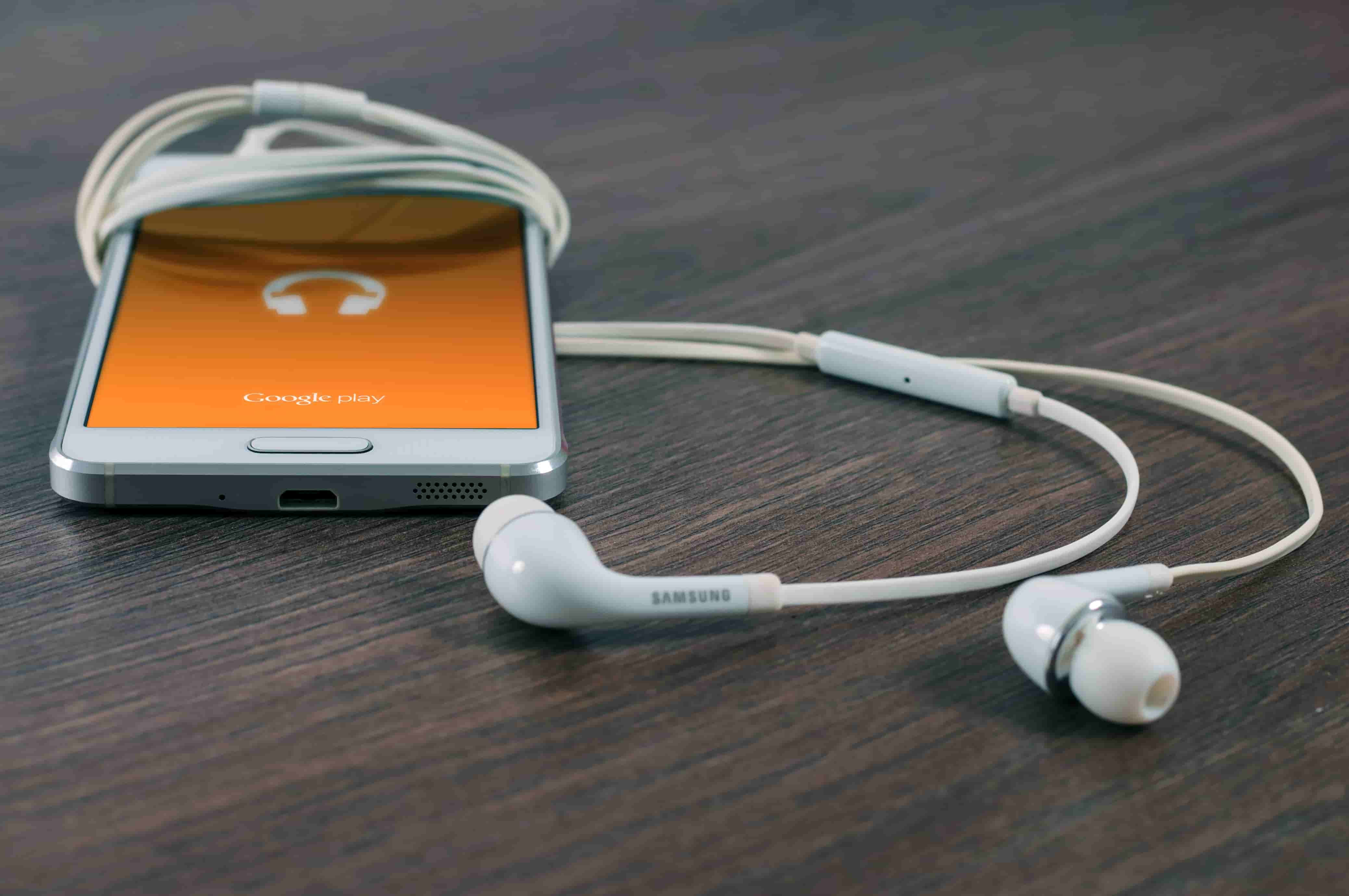
We’ve all been there. As your long weekend comes to a close or your annual leave comes to an end, that feeling returns to the pit of your stomach. Before you know it, it’s the night before you’re due to return to work and you can’t think of anything else. You can’t stop worrying, can’t sleep, can’t focus. You’re dreading the day ahead.
It’s no surprise that so many of us feel anxious when getting back to work after taking time off. In the UK alone, 74% of us have felt so stressed at some point over the past year that we have felt overwhelmed or unable to cope.
Feeling worried or anxious from time to time is completely natural, however, when it starts to interfere with your day-to-day life (or the enjoyment of the last few precious days of your time off), it can be a sign that you may need a little extra help to relax, unwind, and address what has you on edge.
According to leading mental health charity Mind, one in six of us experiences common mental health problems such as anxiety and stress at any given time, with one in four of us experiencing mental ill health during our lifetime.
If worries about work are keeping you up at night or a growing sense of dread is seeping into your time off, there are plenty of small things you can do to help. We share five simple ways you can beat back to work anxiety and make the most of your time off.
Five simple ways to beat back to work anxiety
1. Set yourself up for success
We all worry about the future. The anticipation and mounting what-ifs can be one of the toughest things to get past. Instead of focusing on the tasks or meetings you have ahead, try instead thinking about the here and now.
Ben Edwards suggests getting your thoughts in order. Whether you’ve been enjoying a long weekend or are just getting back from time off after being ill, the first day is bound to be the hardest - and one of your busiest. If you are worried about being bombarded with new tasks, emails, catch-up conversations, meetings, and more, getting your thoughts in order can be a good starting place.
Where possible, it’s great to take just five or 10 minutes to organise your workload and the week ahead before going away; this gives you an easy starting point when you return, whilst reminding you of any outstanding tasks that may have slipped your mind. Having the reassurance that you have a list of priorities ready and waiting to go can also help put your mind at ease, allowing you to let go and fully take advantage of your time off.

2. Think long-term
It can be tough, but try thinking back to the last time you were away from work. Is the anxiety you are feeling now new, or is this something you’ve experienced before? Can you identify what is causing it, or are you feeling a more general sense of unease? Figuring out exactly what is causing you to feel this way is the first step towards addressing your worries and creating sustainable routines to counter these negative feelings.
Unfortunately, there isn’t always an easy solution that you can implement here and now, but you can start looking into other more long-term methods that can help. Try thinking outside of the box. Different solutions work for different people; it’s all about finding a method that works best for you.
Our fight, flight or freeze response releases hormones including cortisol and adrenaline that make us feel more vigilant - great when we are actually in danger or there is a physical threat, but not so helpful if we are dreading getting back to our inbox at work.
Hypnotherapy can be an effective way to seek out the root cause of your worries and change your relationship with anxiety. Hypnotherapy can help boost feelings of confidence and self-belief, whilst helping to reduce your feelings of fear and worry. Working together with an experienced hypnotherapist, you can tailor your sessions to help discover what triggers your anxiety and why, working towards changing the ways you react and helping you achieve a calmer state of mind.
Thinking of trying a more holistic method? Crystal healing may be able to help. A complementary form of therapy with varied benefits, working with crystals can offer deep feelings of relaxation, boosting your overall sense of wellbeing whilst decreasing stress and anxiety.
As well as working with a crystal healer, you can incorporate crystals throughout your life to help release negative energy and promote mindfulness. Including crystals within your workspace, as part of meditation rituals, or around your home can all be beneficial.
3. Take care of your body
It can be easy to overlook, but how well we look after our bodies and what we eat can have a significant impact on our stress and anxiety levels. The more stressed and anxious we are feeling, the more our digestive systems can be under strain. Small changes to your diet can have a surprising impact on how you are feeling physically and emotionally.
Try reducing your caffeine and alcohol intake, as well eating fewer foods high in fat and sugar. While alcohol may have an instant calming effect in the moment, it can increase the amount of long-term stress through further impacts on your overall health and wellbeing over time.

Similarly, while high sugar foods may provide a short burst of energy, the release is only temporary, followed by a sugar crash that can leave you feeling worse. Switching caffeinated teas and coffees for decaf versions can reduce the amount of strain our bodies are under, as caffeine acts as a stimulant, causing hormones like cortisol to release (usually activated during fight, flight or freeze responses) putting us on edge.
Not sure where to start? Nutritionist Melody shares three simple tips to help reduce your anxiety through your eating habits:
- Avoid stimulants and reduce alcohol
- Eat low glycaemic load (GL) foods
- Try relaxation techniques
And, if you’re interested in finding out about the impact of nutrition on anxiety, nutritionist Sarah offers her insight into the six key nutritional influences, including blood sugar balance, zinc/copper and food intolerances.
“If you are struggling with blood sugar highs and lows, then your tendency to anxiety will increase dramatically. It is not unusual for panic attacks to occur when blood sugar levels drop. Crucially, imbalanced blood sugar is taxing to your body’s stress response, making it harder for you to be resilient in stressful times.
“Increasing protein and healthy fats can support blood sugar levels, as can identifying food intolerances and addressing nutrient deficiencies.”
Read more in Sarah’s article, 6 Nutritional Influences on Anxiety.
4. Switch off and relax
Take a moment to consider: how do you usually relax? We’ve each got our own unique self-care routines, but how many of us spend our downtime moving from one screen at work, to another at home? If you find yourself putting your brain in neutral and setting down with Netflix or scrolling through social media, you may not be giving yourself the time to actively relax, unwind, reconnect with your body, and recognise any signs of stress or strain you may be experiencing.
Listening to music or podcasts can be a relaxing way to unwind without staying glued to your screens. Providing a soothing background noise during meditation, music can help us to calm ourselves, reduce the effects of anxiety, and provide a boost of comfort and positivity. Creating your own playlist can be a soothing way to refocus nervous energy and take your mind off of what is worrying you, whilst creating a tool you can use in the future to help you unwind. If you’re looking for a few songs to get you started, check out our 20 greatest mental health songs for some inspiration.

If music isn’t your thing, podcasts and audiobooks can offer the opportunity to learn new things, gain confidence, and become inspired by others. If you’re feeling stuck in a rut, these 9 podcasts to help inspire and motivate you can help you to gain confidence, refocus the direction of your career, and rediscover your passions. Or discover more about mental health, inspirational figures and the passions that shape their lives with our own I Am, I Have podcast.
5. Consider why you’re feeling like this
If back to work anxiety and work worries have been plaguing your extra time off and invading your thoughts, it could be worth taking a step back and considering why this is happening. Is it because you’ve had time away and the thought of returning to your routine is daunting? Or do you feel this same back to work dread every time Sunday rolls around? Is your work/life balance off-kilter, or is there a short-term, temporary reason for your worries?
We all experience stress and anxiety from time to time. It’s when these feelings become an ongoing issue that we may need extra help. Speaking with a life coach can be a helpful way to get an outside view into your situation and what you can do to feel more passionate and excited about your career. Life Coach Rachel explains how coaching can help with anxiety and stress.
“Sometimes, although our intentions are good, the more pressure we put on ourselves to solve something, the more stressed or anxious we become. By working with a coach, that additional stress is taken away and you can just concentrate on feeling the way you want again. Coaches see people all the time who are dealing with stress and anxiety. It is a really understandable and common issue. We all need a bit of help sometimes (even coaches).”
Work-related stress and anxieties can have a huge impact on all aspects of our lives - both in the office, and at home. The longer we ignore it, the worse it can get. Work-related stress is thought to lead to a number of other mental health problems, ranging from anxiety and depression to low self-esteem and low self-confidence.
If you’re worried that your work is impacting your emotional health and wellbeing, it could be time to speak with a qualified therapist. A counsellor can offer a private, confidential, judgement-free space where you can talk about what is worrying you and explore the steps you can take to overcome these problems.

